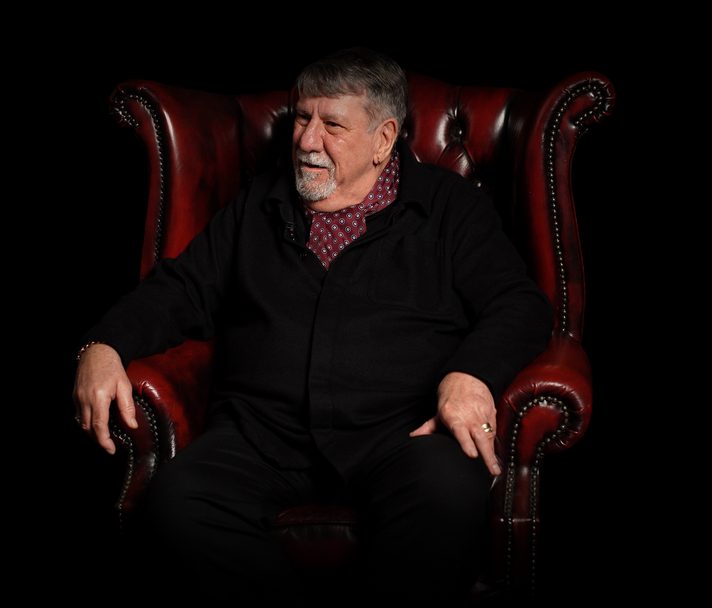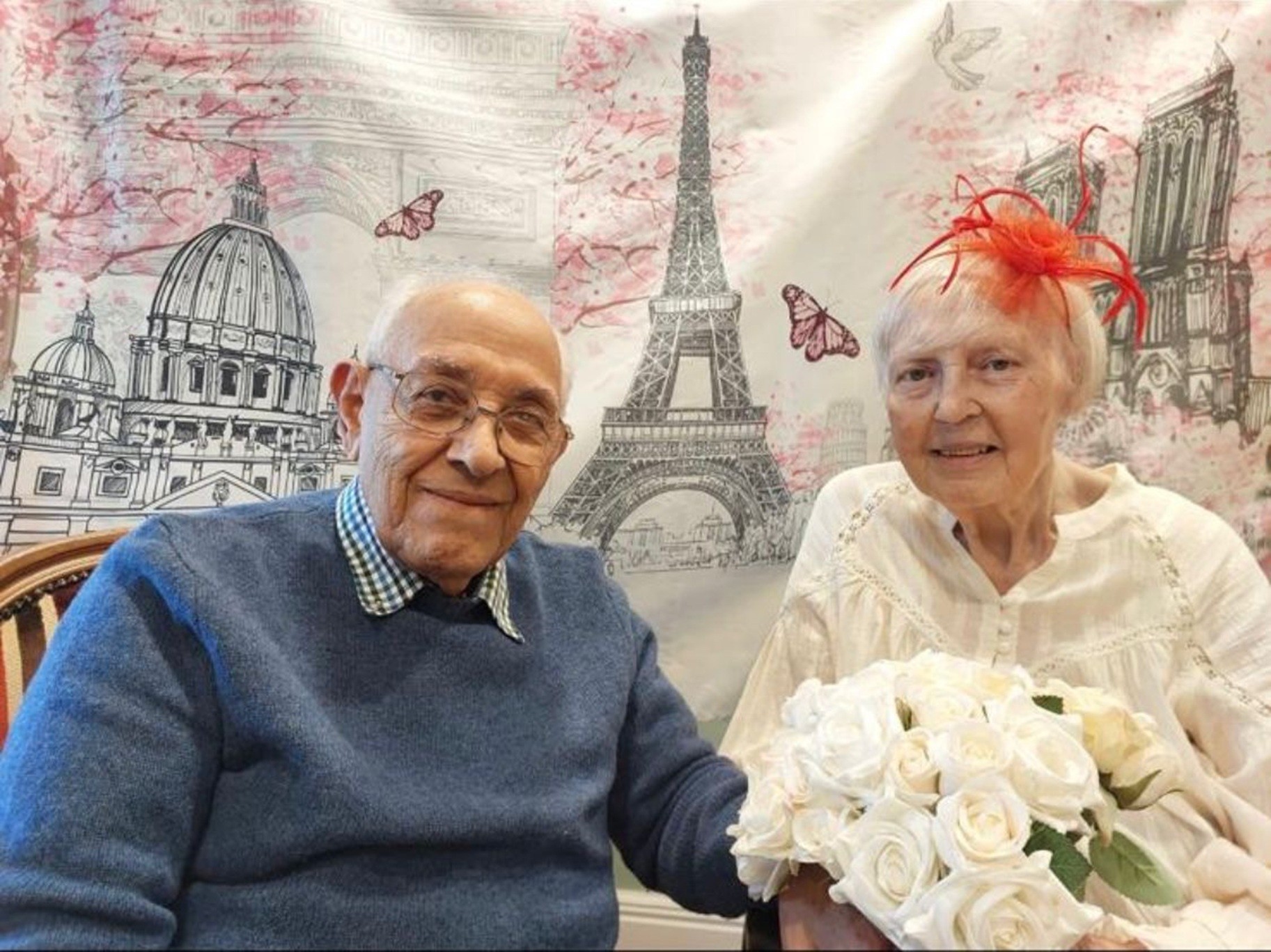The resignation of Greg Clarke as Chair is not going to improve diversity at the Football Association, says former England defender Joleon Lescott.
Clarke resigned after he used "unacceptable" language when referring to Black players.
Former Manchester City, Everton and Aston Villa player described Clarke's comments as "very disturbing" and said even thinking about them made him "emotional".
"One hundred percent of black players want to see change, but that's not going to happen," he said.
He believes Clarke's comments hint at structural problems within the FA and says any successor may be unable to instigate real change.
"I don't think a 63-year-old man in 2020 is using that phrase for the first time, and that's the problem," he said. "So we now expect the next person in line will have heard this and have been a part of this. Now he's going to step up and we expect that person to take us forward.
"How do you expect change if the people that are in charge have the same mindset, or similar mindset?"
Clarke made the comments while speaking to the Department for Digital, Culture, Media and Sport (DCMS) select committee via video link using the term as he was talking about the racist abuse of players by trolls on social media.
He received further criticism for comments he made referring to gay players making a "life choice", about the different career choices of people from Black and Asian communities, and about a coach telling him young female players did not like having the ball hit hard at them.
Former Huddersfield and Gillingham striker Iffy Onuora, who is an equalities officer at the Professional Footballers' Association, says it shows more education is still needed about the effect of certain words and phrases and why they are offensive.
He said: "It's just so outdated. There's certain terms we don't use any more about disabled people or gay people - we've moved on.
"It's as much the message it sounds. Don't forget people in the FA are looking up to the chairman to provide leadership, to provide that voice and to drive on some of the initiatives they are doing, as is everybody in the game."
The disgraced former FA head's departure means there are now nine people remaining on the FA board, including acting chair Peter McCormick.
Of those, four board members are women and one is from a Black and Minority Ethnic (BAME) background. That is in line with reforms agreed by the FA in 2017, which pledged to increase BAME representation on the board to at least 10%, have 10% representation from the LGBT+ community and 40% female representation.
It also pledged to add 11 new members to improve the diversity of the 122-strong FA council, which was overwhelmingly made up of white men over 60.
Dame Heather Rabbatts, who spent five years as the only woman and BAME member on the FA board before resigning in 2017, said Clarke's comments "revealed the fault line" in the sport.
"The leadership and management of football, one of the most diverse games on the planet, is still controlled, fundamentally, by white men," she said.
FA chief executive, Mark Bullingham, said the recruitment process would be an open system.
"Our process will be open and conform to the Diversity Code, ensuring that we are able to select the best candidate from a diverse talent pool," he said.
Match of the Day presenter and former England striker Gary Lineker said the organisation was full of "lots of old white men" and said he believes real change can only be implemented if the FA, English Football League and Premier League work together.
Former England winger John Barnes said the issue of racism needed to be tackled by society as a whole, not just football. Former FA chairman David Bernstein said Clarke's comments highlighted the FA's need for structural change.

















